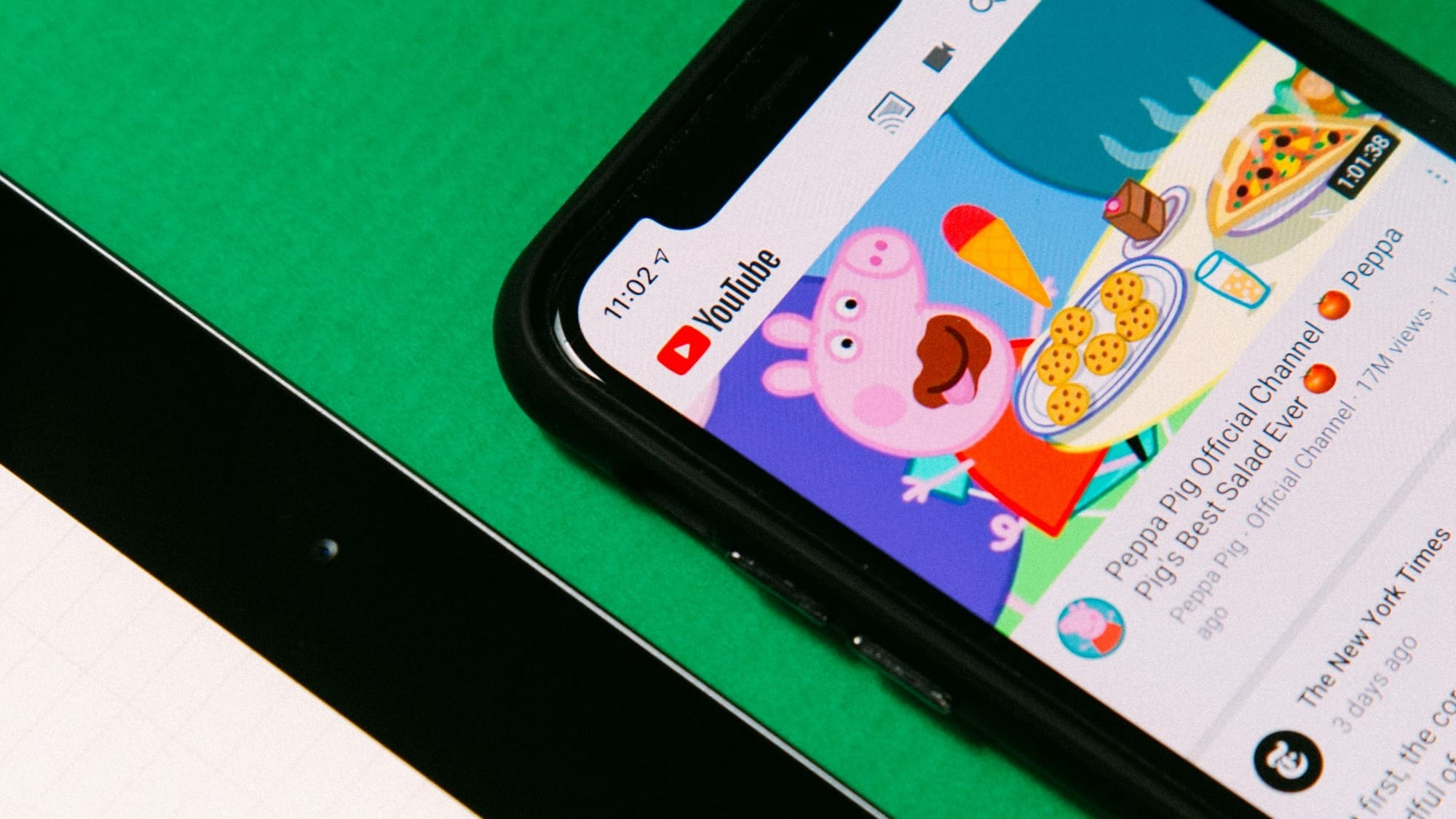YouTube Cracks Down on Clickbait with New Rules in India
Creators found guilty won't receive any strikes yet but that could change later.
YouTube has recently made it clear that it’s serious about tackling misleading content. It started with the company unveiling new tools to crack down on plagiarized and fake videos. Now, the platform has shifted its focus to another major issue—clickbait.
Long aware of the frustration it causes users, YouTube is taking action to combat this problem, starting with a crackdown in India.
To do this, the platform announced that it would enforce stricter rules to combat deceptive thumbnails and titles, particularly around current events and breaking news. As the crackdown begins, YouTube says it will focus on removing videos with misleading thumbnails or titles without issuing strikes against creators.

In the future, however, YouTube plans to ramp up its measures, ensuring that titles and thumbnails match the content of the videos. This initiative follows a similar move by YouTube last year when the company introduced an educational program for creators to help prevent clickbait and other misleading practices.
It's unclear exactly how YouTube will implement this and to what extent, as "clickbait" can sometimes be a fine line between exaggerating a story and outright deception. Plus, Statista reports that 500 hours of video are being uploaded to YouTube every minute so it'll definitely be no small task going through it all.
The reason YouTube is targeting India first is quite simple. The country accounts for 476 million of the platform's users per Statista, making it YouTube's biggest market by far with the U.S. next in line with 238 million YouTube viewers. So, starting here would have the most impact on the platform.

But the clickbait problem goes beyond borders, and YouTube’s actions are long overdue. Other companies, like Meta and X, have also faced similar challenges with misleading content, whether it’s casual posts or ads. These platforms have often been criticized for not doing enough to effectively address the issue.
YouTube has faced its fair share of criticism, with many pointing out that the platform encourages clickbait since more clicks mean more money for creators. But with this latest move, it’s clear the company is taking stronger action to make the platform a more trustworthy source of information.
This crackdown could help rebuild trust among viewers, especially those coming to YouTube for timely and accurate news. While the policy is still in its early stages, it marks a significant step in the right direction for the platform.









